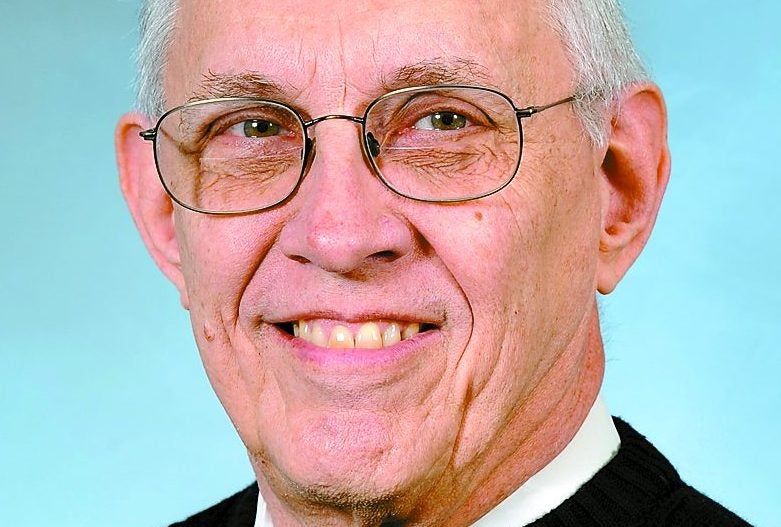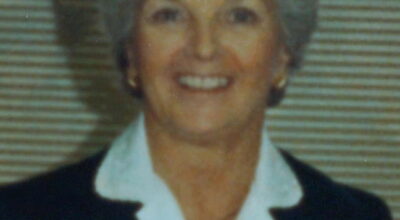Witt: A conversation about the electoral college
Published 10:36 am Tuesday, October 6, 2020

- Chuck Witt is a retired architect and a lifelong resident of Winchester.
|
Getting your Trinity Audio player ready...
|
This is an imaginary conversation between two gentlemen, waiting in line to cast their votes in the upcoming general election in Kentucky.
The older of the two approaches the sign-in table in his wheelchair.
Their political leanings are irrelevant.
“Beautiful day for voting,” begins the conversation.
Turning, the second man replies, “Sure is. I’ve stood in a lot of longer lines and in worse weather just to vote.”
“So, you’ve been voting for a long time?”
“Yeah. This is my 17th presidential election.”
“Seventeenth? Wow! It’s obvious that you understand the importance of voting.”
“Guess so. When I was in Korea, I don’t think I really thought much about anything except trying to stay alive, but I came to realize that, in our own way, we were fighting to protect the right to vote.
“’Course, I was too young to vote when I was there. Hadn’t made 21 yet. Voted in my first presidential election in 1956.”
“Old enough to die, but not old enough to vote, huh?”
“Not until 1971, when they lowered the age to 18.”
“Made some changes in the Constitution in 200 years,” opined the younger man. “And thank you for your service.”
The older man nodded his appreciation.
“By the way,” continued the younger one, “were you aware that if you vote for the candidate who loses, your vote gets to get counted for the winner?”
“What?” was the astonished response.
“Yep. Kentucky is a ‘winner-take-all’ state. Whoever wins the most popular votes here gets all of the state’s electoral votes, all eight of them.”
“I never really thought about that, not in all the elections I voted in. That doesn’t sound right … or legal.”
“Well, it’s definitely legal. Whether it’s right or not is certainly debatable. There’s only two states that apportion their electoral votes based on how the popular vote goes.”
“Kinda makes you wonder if it’s worth it, don’t it?”
“Sometimes. Seems like every time after a presidential election, people start talking about abolishing the electoral college, or at least changing it somehow.”
“So how come nothins’ been done about it?”
“Oh, a lot of states have gone through changes over the years, from one system to another. And then they just seem to change back to this one. It’s politics. Depending on how the election comes out, the losing party always sees reasons to change, but they never have enough clout to do anything about it.
“Hey, bet you didn’t know that the president won’t actually be elected until Dec. 14 either.”
“What?”
“Yep. The Electoral College doesn’t meet to vote until then, and our votes today don’t have anything to do with who the electors are.”
“Well, who are they?”
“Don’t know. They’ll be selected by each party’s convention, and probably not one Kentuckian in a thousand will know who those electors are, or care.
“Funny thing is that the states have the power to determine how their electoral votes are counted. The federal government has very little say. But the state parties don’t want to do it. And they continue to lie to the people and tell them that it’s all fair.
“Anyway, maybe some day it’ll get changed.”
“Probably not before time for me to vote in my 18th,” said the older man as he wheeled his chair closer to the sign-in table. “If I live that long.”
“Probably not,” responded the younger man, sadly.
Chuck Witt is a retired architect and a lifelong resident of Winchester. He can be reached at chuck740@bellsouth.net.




